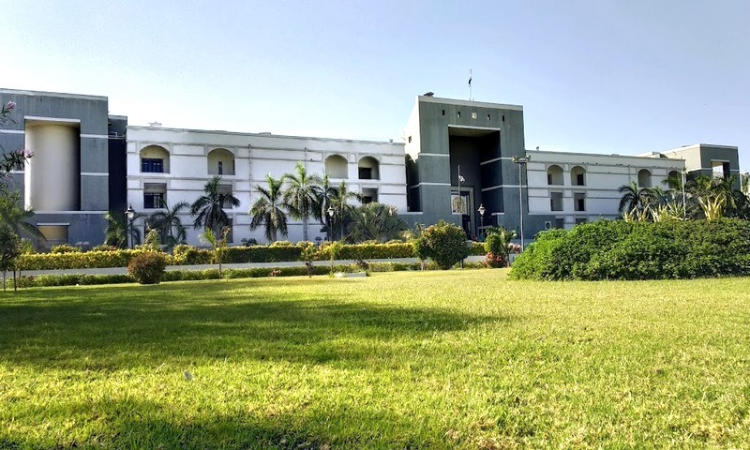The Gujarat High Court recently upheld an order of the family court refusing to waive off the statutory 6 months cooling period in a plea by a couple seeking a mutual divorce who lived with each other for a period of 12 days only.The Bench of Justice A. C. Joshi observed that the family court rightly passed the order refusing to waive off the cooling period therefore, there was no requirement...

